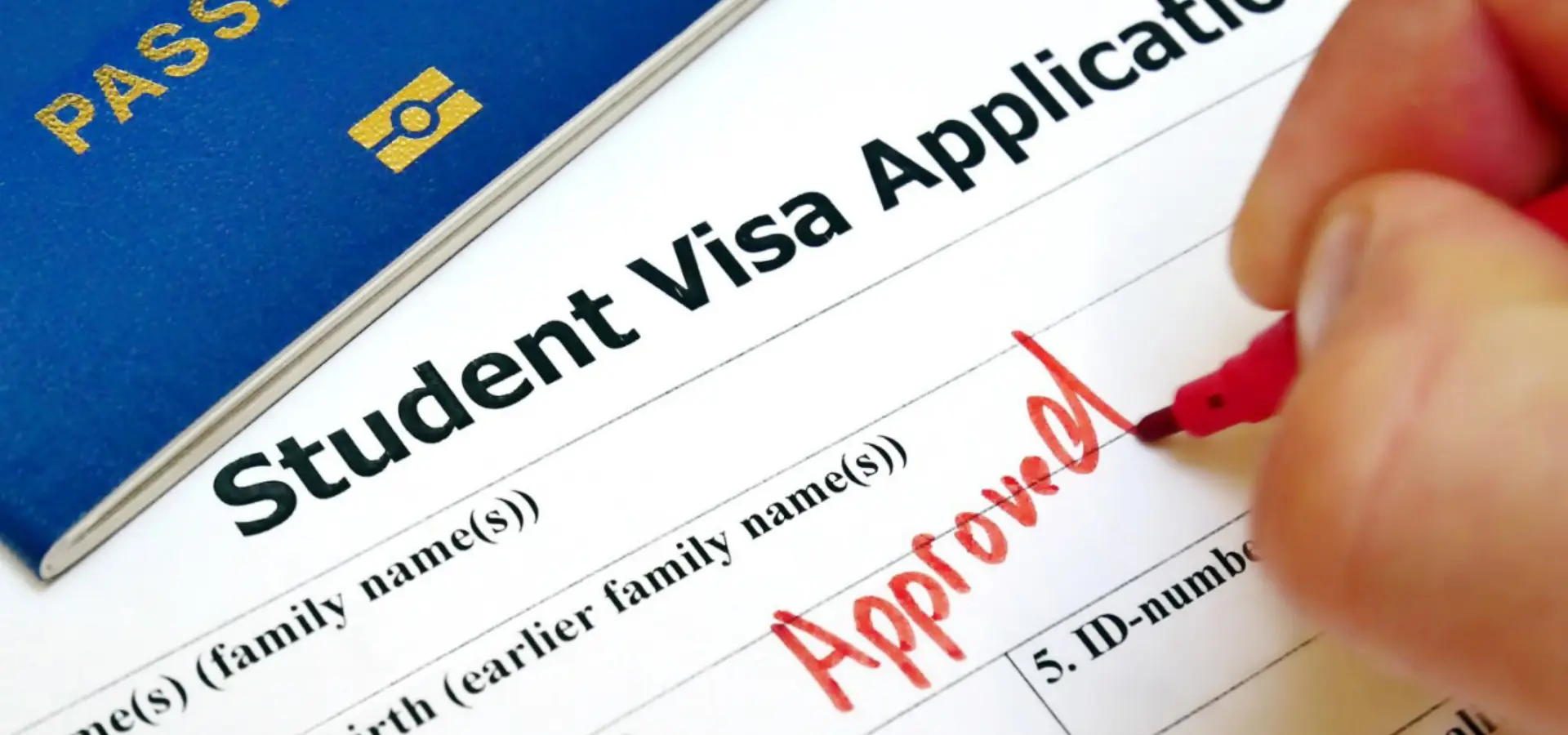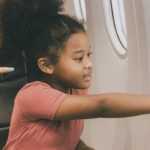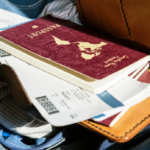Studying in the United States is a dream for many students from Saudi Arabia, offering an opportunity for world-class education and exposure to diverse cultures. To turn this dream into reality, prospective students must obtain a U.S. student visa. Understanding the eligibility requirements and application process is crucial for a successful application. This guide provides comprehensive information on the eligibility for a U.S. student visa from Saudi Arabia, including key requirements, types of student visas, and essential application steps.
Types of U.S. Student Visas
There are primarily two types of student visas available for international students seeking to study in the U.S.:
1. F-1 Visa
The F-1 visa is the most common student visa for academic students enrolled in a full-time program at an accredited institution in the U.S. This visa allows students to pursue degrees, attend language training programs, and engage in optional practical training (OPT) after completing their studies.
2. M-1 Visa
The M-1 visa is intended for students enrolled in non-academic or vocational programs. This visa category is suitable for those attending technical or vocational schools.
Eligibility Requirements for U.S. Student Visa
To qualify for a U.S. student visa, applicants from Saudi Arabia must meet specific eligibility criteria. Here are the key requirements:
1. Admission to a U.S. Educational Institution
- Acceptance Letter: Applicants must be accepted into a Student and Exchange Visitor Program (SEVP)-approved school, college, or university in the United States. Upon acceptance, the institution will provide the applicant with a Form I-20 (Certificate of Eligibility for Nonimmigrant Student Status).
- Full-Time Enrollment: Students must be enrolled in a full-time academic program or course of study. Part-time enrollment is generally not permitted on an F-1 visa.
2. Proficiency in English
- Language Skills: Proficiency in English is essential for successful study in the U.S. Applicants may be required to provide evidence of their English language proficiency through standardized tests such as the TOEFL or IELTS, depending on the institution’s requirements.
3. Financial Support
- Proof of Funds: Applicants must demonstrate that they have sufficient financial resources to cover tuition, living expenses, and other costs while studying in the U.S. This may include bank statements, scholarship letters, or financial affidavits from sponsors.
4. Intention to Return Home
- Nonimmigrant Intent: Applicants must prove their intent to return to Saudi Arabia after completing their studies. This may involve providing ties to their home country, such as family, property, or job prospects, to demonstrate that they do not intend to remain in the U.S. after their education.
5. Health Insurance
- Medical Coverage: While not always mandatory, having health insurance that covers medical expenses during the study period is highly recommended.
Application Process for U.S. Student Visa
Once applicants meet the eligibility requirements, they can begin the application process for a U.S. student visa. Here’s a step-by-step guide:
Step 1: Apply to U.S. Educational Institutions
- Research Schools: Identify and apply to SEVP-approved schools that match your academic interests and career goals.
- Receive Form I-20: Upon acceptance, the institution will issue a Form I-20, which is required for the visa application.
Step 2: Complete the Online Visa Application (DS-160)
- Access the DS-160 Form: Visit the Consular Electronic Application Center to complete the DS-160 form, which is the Online Nonimmigrant Visa Application.
- Provide Required Information: Fill out the form with accurate personal information, including details about your intended study program, school, and financial situation.
- Upload a Photo: Follow the guidelines for uploading a passport-sized photo that meets U.S. visa requirements.
Step 3: Pay the Visa Application Fee
- Visa Fee Payment: Pay the required visa application fee, which can vary based on the visa type. This fee is non-refundable and is usually paid online.
Step 4: Schedule a Visa Interview
- Embassy Appointment: Schedule a visa interview at the U.S. embassy or consulate in Saudi Arabia. It is recommended to book your appointment well in advance, as wait times can vary.
Step 5: Prepare for the Interview
- Gather Required Documents: Collect the necessary documents for the visa interview, which may include:
- Valid passport
- Form I-20
- DS-160 confirmation page
- Visa application fee receipt
- Financial documents (proof of funds)
- English proficiency test results
- Academic records and diplomas
Step 6: Attend the Visa Interview
- Interview Process: Arrive at the U.S. embassy or consulate for your scheduled interview. During the interview, a consular officer will assess your application, review your documents, and ask questions about your study plans and ties to Saudi Arabia.
Step 7: Wait for Visa Issuance
- If approved, your visa will be processed, and you will receive a visa stamp in your passport, allowing you to travel to the U.S. to begin your studies.
Important Tips for a Successful Application
- Start Early: Begin the application process early to allow sufficient time for admissions, visa processing, and travel arrangements.
- Be Honest and Accurate: Provide truthful and accurate information in all application forms and documents.
- Prepare for the Interview: Practice answering common interview questions and be ready to explain your academic goals and plans for returning to Saudi Arabia.
- Maintain Documentation: Keep copies of all submitted documents and correspondence for your records.
Conclusion
Obtaining a U.S. student visa from Saudi Arabia involves understanding the eligibility requirements and navigating the application process effectively. By meeting the necessary criteria, including admission to an accredited institution, demonstrating financial stability, and showing intent to return home, students can enhance their chances of securing a visa. With careful planning and preparation, studying in the United States can be an enriching experience that opens doors to new opportunities.













